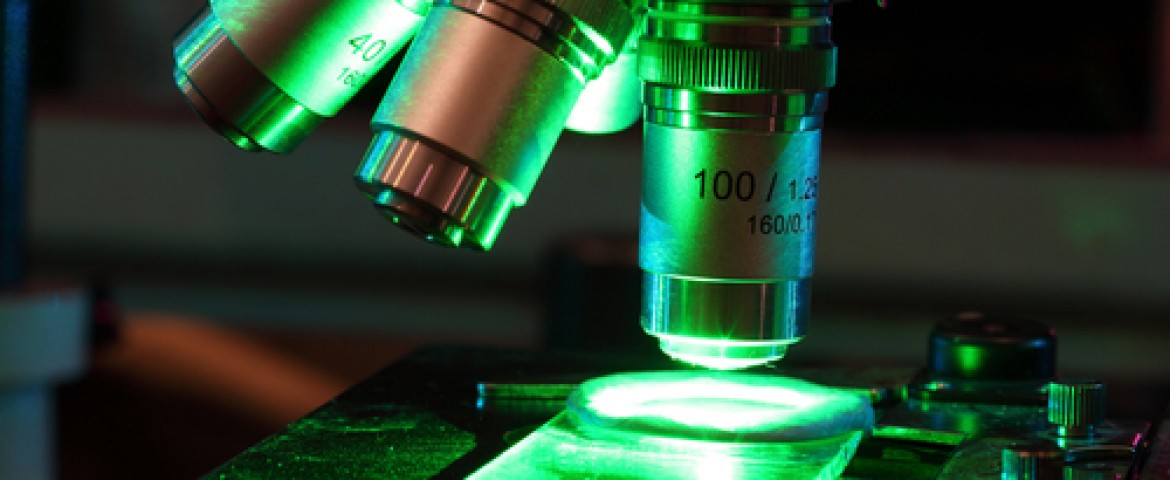March 30th, 2015 Patricia Inacio, PhD
The Austrian Centre of Industrial Biotechnology (acib) developed a new purification method for pharmaceutical produced antibodies that promises to effectively decrease the high prices of these drugs in the market.
Therapeutic antibodies revolutionized how doctors treat diseases affecting a large number of individuals, such as cancer and autoimmune diseases (like multiple sclerosis) but are also key therapeutics for rare diseases, such as paroxysmal nocturnal haemoglobinuria (previously known as Marchiafava–Micheli syndrome). A caveat, however, is that the costs for producing this successful class of therapeutic agents is still costly, which may be a limitation to their use.
For the pharmaceutical industry, decreasing processing costs is contingent on optimizing the purification process of antibody production. Currently, the process is performed through a process called “protein A” affinity chromatography (which purifies and concentrates antibodies out of a mixture into a buffering solution) and accounts for about 80% of all the production costs.
The new purification method, developed by the Austrian Centre of Industrial Biotechnology (acib) and the University of Natural Resources and Life Sciences Vienna (BOKU), consists of a tubular reactor where a Calcium-Phosphate flocculation is applied followed by precipitation of the purified proteins by cold ethanol. The reactor is built as a double-pipe heat exchanger that works in counter-current flow.
~~~~~~~~~~~~~~~~~~~~
.
.
.
Visit our MS Learning Channel on YouTube: http://www.youtube.com/msviewsandnews




